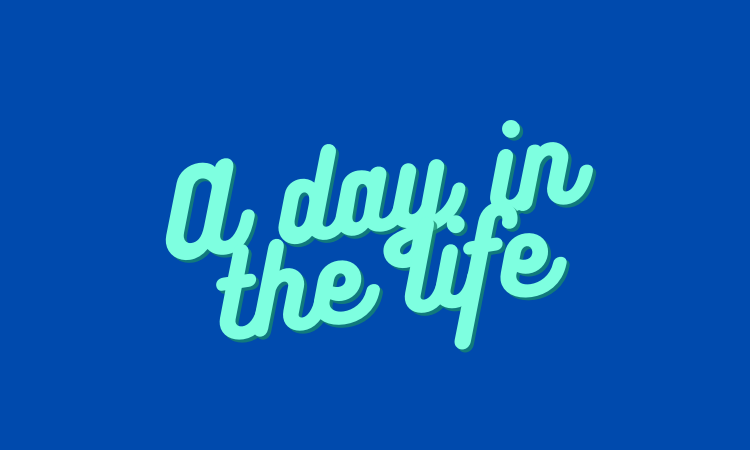Day in the Life
‘In a rapidly growing company, you feel you are in a different organization every four to six weeks’: A day in the life of Milo founder and CEO, Josip Rupena
- Josip Rupena is the founder and CEO of Milo Credit, which offers home financing solutions and crypto-backed mortgage options for consumers.
- The combination of having kids and a startup allows Josip to keep his life balanced and focused on what’s important and what he's working towards.








